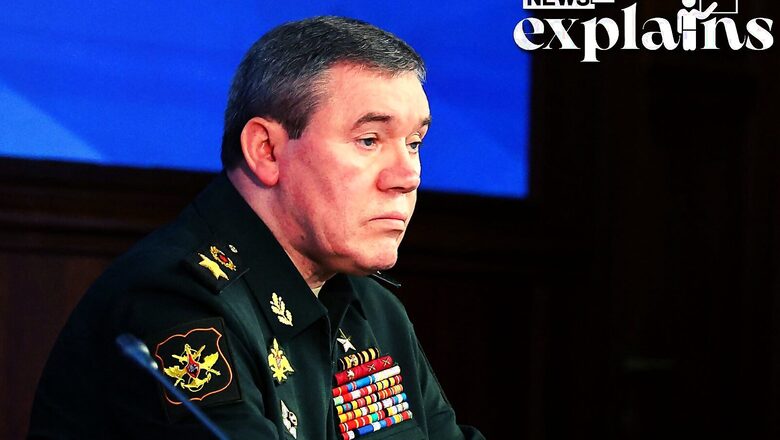
views
Russian Defense Minister Sergei Shoigu appointed Chief of General Staff Valery Gerasimov to oversee the military campaign in Ukraine, the latest change in Moscow’s military leadership.
Gerasimov, like Shoigu, has come under fire from Russia’s hawkish military bloggers for multiple setbacks on the battlefield and Moscow’s failure to secure victory in a campaign that the Kremlin expected to be over in a matter of weeks. The defence ministry said in a statement that Shoigu had appointed Gerasimov as commander of the combined forces group for the “special military operation” in Ukraine. It is the highest rank among Russia’s battlefield generals.
Following a series of counter-offensives by Ukrainian forces that turned the tide of the conflict, Russia placed Sergey Surovikin, nicknamed “General Armageddon” by the Russian media for his reputed ruthlessness, in overall command of Ukraine operations last October.
Why Has Kremlin Picked Gerasimov Now?
Gerasimov is the fourth commander appointed by Moscow to its Ukraine mission since the conflict began nearly 11 months ago.
The rapid turnover appears to reflect the Kremlin’s dissatisfaction with multiple battlefield setbacks and the failure to secure victory. Moscow is now appointing its most senior military officer to the position.
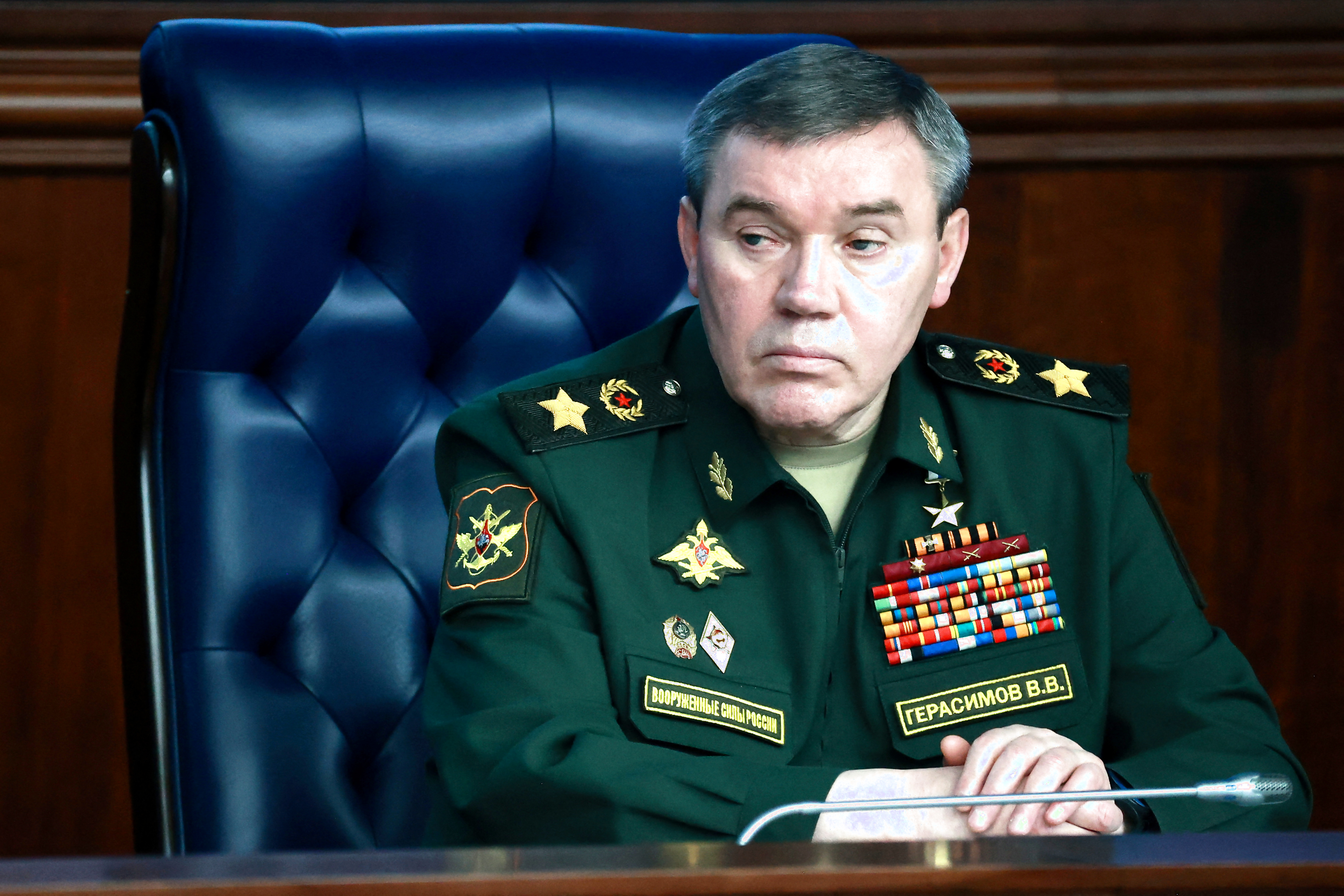
According to the Defense Ministry, the move was made in response to an expansion of the scope of the “operation.”
“The increase in the level of leadership of the special operation is linked to the expansion of the scale of the tasks at hand and the need to organise closer interaction between troops,” according to the ministry.
Who exactly is Gerasimov?
Valery Gerasimov, 67, has been Chief of the General Staff of the Russian Armed Forces since President Vladimir Putin appointed him to the position in 2015.
Gerasimov is regarded as one of the key figures in Russia’s invasion of Ukraine, which began on February 24.
Because of Russian interference in Ukraine since 2014, he has been sanctioned by a number of entities and countries, including the European Union, the United States, Switzerland, and Australia.
Gerasimov, like Defense Minister Sergei Shoigu, has faced criticism from Russian pro-war bloggers for Moscow’s troops’ lack of battlefield success in Ukraine.
His appointment comes as Russian troops fight a long and bloody battle in Ukraine’s east, near Bakhmut and Soledar.
Extensive Military Experience
Surovikin, an army veteran, was tasked with turning the tide in Ukraine in October, after the Russian army suffered a string of battlefield defeats.
The Russian army signalled a strategic shift two days after Surovikin’s nomination by launching a wave of drone and missile attacks on Ukrainian infrastructure targets.
However, less than a month after his appointment, Russia withdrew from Kherson, the only regional capital it controlled.
Now, as Russia appears to have the upper hand in the battle for the town of Soledar in eastern Ukraine, Moscow’s military has decided to hand over command to the 67-year-old Gerasimov.
The Gerasimov Doctrine
Gerasimov was born in Kazan, a city about 800 kilometres east of Moscow, to a working-class family.
According to reports, Gerasimov devised the “Gerasimov doctrine,” which combines military, technological, information, diplomatic, economic, cultural, and other tactics to achieve objectives.
The Financial Times says this type of “hybrid war,” as Gerasimov argued in a 2,000-word essay, “has made Russia more of a threat than at any point since the Cold War.”
“Western observers were quick to treat his essay as the blueprint for a future Russian hybrid attack against the West,” the Financial Times reported, adding that US Marine Corps Chief Robert Neller read it three times.
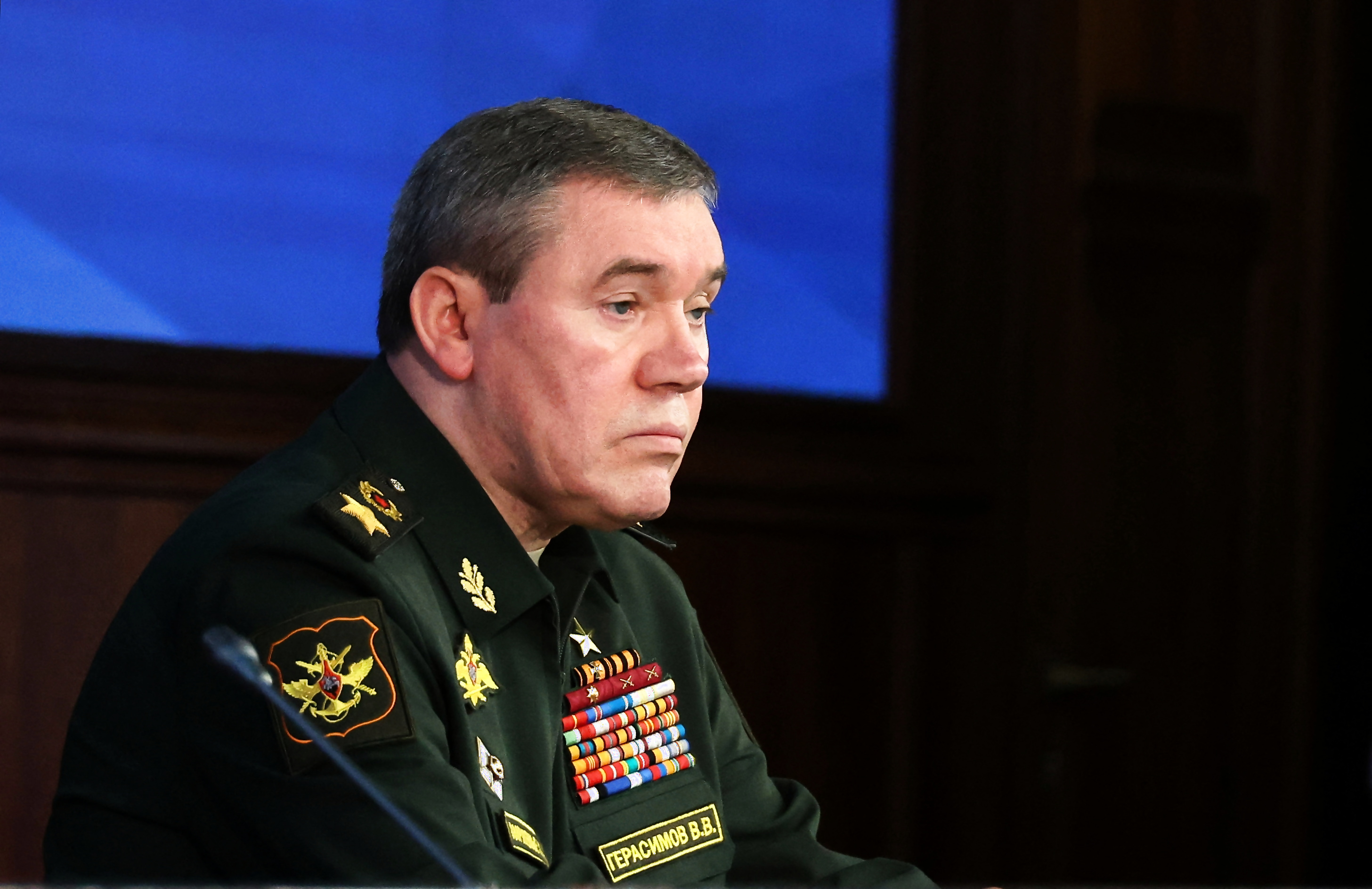
In December 2021, Gerasimov issued a warning to the Ukrainian government against attempting to settle the War in Donbass using force and said Kiev “is not fulfilling the Minsk Agreements,” a report by TRT World.
During the start of the Ukraine operation, the media reported that Gerasimov and other officials had vanished from public view.
However, according to Ukrainian media and two US officials, he was sent to Izyum in April 2022 to command the Russian offensive in the region.
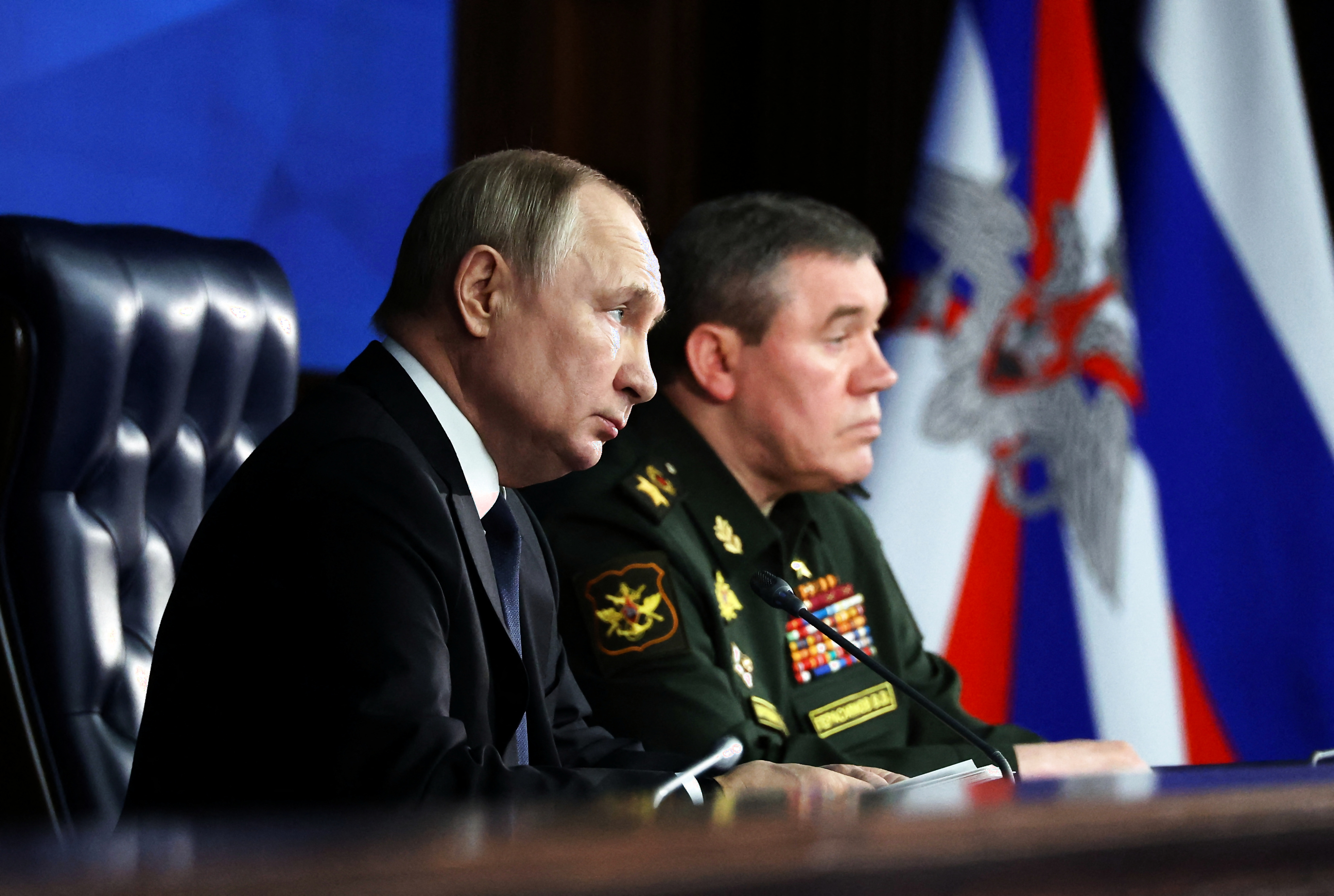
He has a strong military education background, having graduated from the Kazan Suvorov Military School and continuing his education at the Military Academy of the General Staff of the Russian Armed Forces.
He rose quickly through the ranks of the Red Army’s various divisions in postings across the Soviet Union before being appointed by President Vladimir Putin as Chief of the General Staff of the Russian Armed Forces and First Deputy Minister of Defence in November 2012, replacing Nikolay Makarov.
According to the Ukrainian Security Service, he was also the general commander of Russian forces and pro-Russian separatists during their victory in the Battle of Ilovaisk in 2014. Over 1,000 Ukrainian soldiers were killed during the battle.
Read all the Latest Explainers here










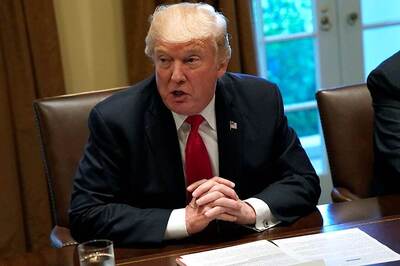

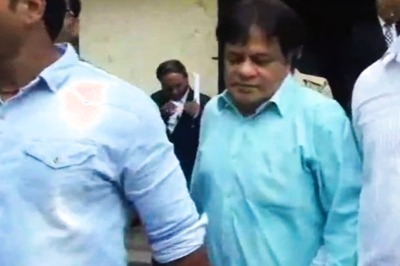







Comments
0 comment